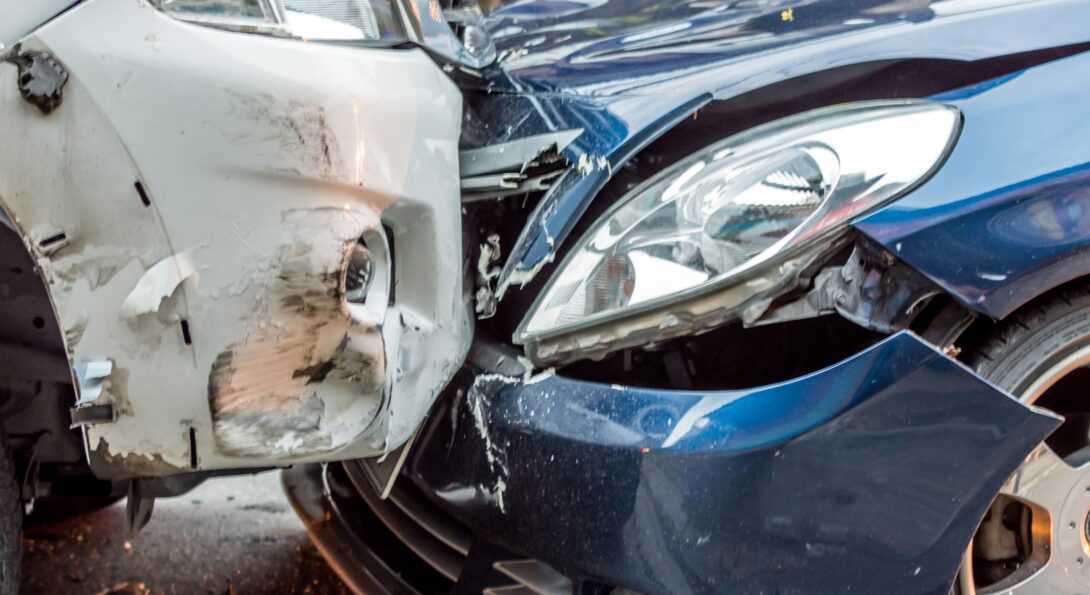Traumatic Brain Injury (TBI)

Adolescent Substance Misuse and Driving
- Motor vehicle accidents are the leading cause of death and serious injury in adolescents (Johnston, O’Malley, and Bachman, 2012).
- 16% of Illinois Youth reported riding with a driver who had been drinking alcohol in the last 30 days. (2019 YRSB).
- Of Illinois Youth who had driven a car in the last 30 days, 5% had driven after using alcohol (2019 YRSB).
- According to the CDC, between 2006 and 2010, excessive drinking accounted for approximately 4,300 deaths each year among youth under 21 years of age.
Adolescent Risk of Traumatic Brain Injury

Alcohol use and traumatic brain injury are bi-directionally related.
• 30-50% of patients treated for traumatic brain injury were intoxicated at the time of injury.
• Loss of psychomotor functioning associated with alcohol consumption increases the likelihood of an accident, thus increasing the risk of traumatic brain injury (Weil, Corrigan & Karelina, 2016)
Alcohol misuse during adolescence contributes to risk taking behaviors that may result in traumatic brain injury such as:
- Reckless driving
- Unprovoked falls
- Violence related injuries
Role of Primary Care Provider
- Discuss “Contract for Life” with your patients, a document that asks adolescents to pledge never to accept a ride from an impaired driver.
- Encourage parents to pledge to always provide a safe ride home.
History of TBI and Impact on Adolescent Substance Misuse
History of TBI and the impacts on adolescent substance misuse
What is the impact in adolescence of a history of early childhood TBI?
- A head injury before age six increases the likelihood of adolescent and adult behavioral problems (Corrigan et al, 2013).
- Severe instances of mild traumatic brain injury during the preschool years was associated with an increase in the prevalence of substance misuse in mid-adolescence (McKinlay et al, 2009).
What behaviors and conditions in adolescents are associated with a history of TBI?
- High school youth who have a history of TBI are 2.3 times more likely to engage in binge drinking and 2.4 times more likely to use substances than their non-injured peers. There is a significant association between TBI, alcohol/marijuana use and poor school performance (Ilie et al, 2015).
- Increased risk factors in substance misusing TBI adolescents include slower recovery, increased behavior issues, school failure, family and social problems (Ilie et al, 2015).
Why are adolescents with a history of TBI more at risk?
- TBI has been associated with a reduction in behavioral inhibition and impaired judgement. As such, adolescents with TBI history are at greater risk of developing substance misuse issues (McKinlay et al, 2009).
- Increased alcohol misuse in adolescents with TBI is likely related to a combination of self-medicating side effects related to prior TBI, impaired decision making, social pressures and potentially ongoing neuro-inflammation (McKinlay et al, 2009).
What are the risks associated with alcohol misuse following TBI?
- Alcohol misuse after TBI can increase the likelihood of developing seizures, mood and anxiety disorders, and future subsequent TBI (Weil, Corrigan & Karelina, 2016).
References
- Johnston LD, O’Malley PM, Bachman JG, Schulenberg JE. Monitoring the Future:National Survey Results on Drug Use,1975–2012, Vol. I: Secondary SchoolStudents. Ann Arbor, MI: Institute forSocial Research, University of Michigan; 2012.
- YRSB data accessed via: https://www.cdc.gov/healthyyouth/data/yrbs/data.htm
- https://www.cdc.gov/alcohol/fact-sheets/underage-drinking.htm
- Weil, Zachary M, Corrigan, John D., & Karelina, Kate (2016). Alcohol abuse after traumatic brain injury: Experimental and clinical evidence. Neuroscience and Biobehavioral Reveiws 62, 89-99.
- Corrigan, John D. PhD, Bogner, Jennifer PhD, Mellick, Dave MA, Bushnik, Tamara PhD, Dams-O’Connor, Kristen, PhD, Hammond, Flora M. PhD, Hart, Tessa PhD, and Kolakowsky-Hayner, Stephanie, PhD. (2013). Prior History of Traumatic Brain Injury Among Persons in the Traumatic Brain Injury Model Systems National Database. Archives of Physical Medicine and Rehabilitation 94: 1940-50
- McKinlay, Audrey PhD, Grace, Randolph, PhD, Horwood, John PhD, Fergusson, David PhD, MacFarlane, Martin, PhD (2009). Adolescent Psychiatric Symptoms Following Preschool Childhood Mild Traumatic Brain Injury: Evidence From a Birth Cohort. Journal of Head Trauma Rehabilitation. 24:3 221-227.
- Ilie, Gabriela PhD; Mann, Robert E. PhD; Hamilton, Hayley PhD; Adlaf, Edward M. PhD; Boak, Angela MA; Asbridge, Mark PhD; Rehm, Jürgen PhD; Cusimano, Michael D. MD, PhD. Section Editor(s): Caplan, Bruce PhD, ABPP; Bogner, Jennifer PhD, ABPP; Brenner, Lisa PhD, ABPP. Journal of Head Trauma Rehabilitation: September/October 2015 – Volume 30 – Issue 5 – p 293–301.6
- Eskander, N., Prabhudesai, S., Imran, H., Ceren Amuk, O., & Patel, R. (2020). Alcohol Use Disorder Increases Risk of Traumatic Brain Injury-Related Hospitalization: Insights From 3.8 Million Children and Adolescent Inpatients. Curēus (Palo Alto, CA), 12(6), e8740–e8740. https://doi.org/10.7759/cureus.8740